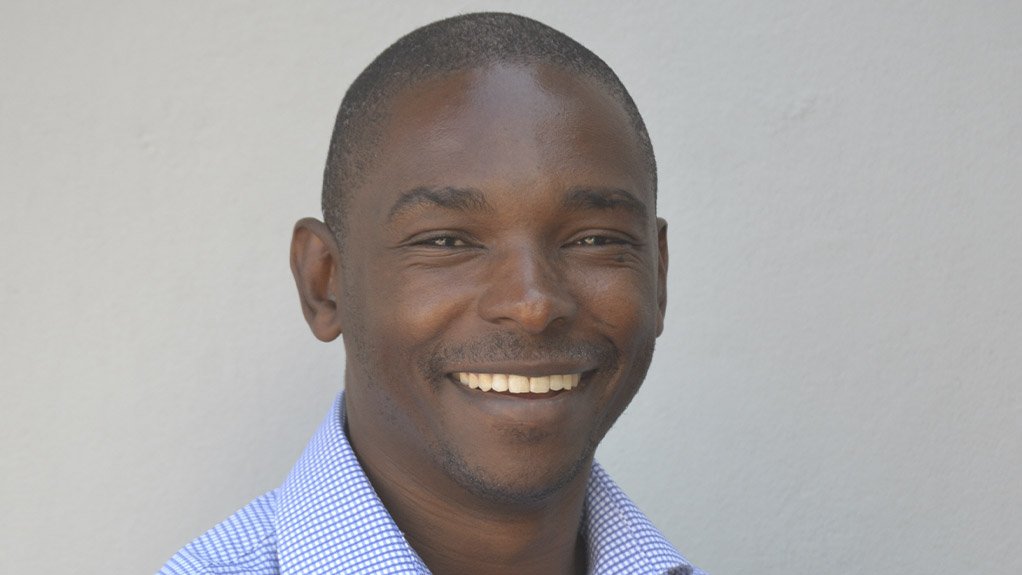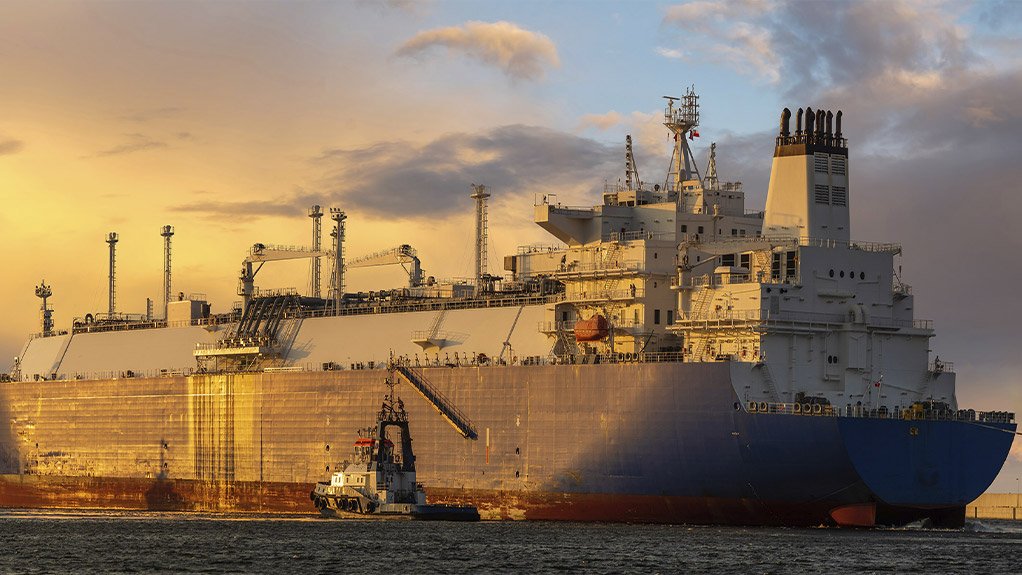Decisions and announcements made last year by a number of State-owned entities have inched South Africa closer to the implementation of a successful gas-to-power programme, says engineering consultancy WSP regional director Martin Mkhabela.
The first announcement was made in August 2021, when the Independent Power Procurement (IPP) Office of South Africa published a procurement schedule that showed the procurement of 3 000 MW of gas-fired power plants, scheduled for the release of a Request for Proposals (RFP) this year, he adds.
Following this announcement, the IPP Office released a RFP in February 2022 for a transactional adviser to support the IPP Office in the gas-to-power programme
“To many in the gas industry, this is a signal that the wheels are turning and that government is moving forward with the creation of an enabling environment for a vibrant gas industry in South Africa,” says Mkhabela.
If the transactional advisors for the IPP office gas-to-power programme are appointed before the end of June 2022, we estimate the request for proposal for the gas-to-power programme could potentially be advertised before the end of 2022 and the preferred bidders appointed before the end of 2023.
Then, construction and financial close for the gas-to-power programme are likely to be towards the end of 2023 or beginning of 2024, in order for gas infrastructure and gas-fired power plants to reach commercial operation by 2026, he adds.
The proposed timelines and the size of demand that will be created through the gas-to-power programme will be sufficient to enable the development of gas infrastructure in the Port of Richards Bay and the Port of Ngqura paving the way to the importation of liquified natural gas (LNG) into South Africa says Mkhabela.
The second significant decision and announcement that enables the successful implementation of the gas to power programme in South Africa was made by the State-owned port utility Transnet National Ports Authority (TNPA)
“Early this year, TNPA issued a request for information (RFI) to the market for a terminal operator to build, own and operate a LNG terminal in the Port of Richards Bay, in KwaZulu-Natal, and the Port of Ngqura, in province Nelson Mandela Bay,” he explains.
This RFI is the first step towards the procurement process of appointing a terminal operator for importing LNG to Richards Bay in KwaZulu-Natal, and Coega, in the Eastern Cape.
The TNPA’s decision is significant because South Africa will require imported LNG from international markets to grow its gas industry, says Mkhabela.
The third significant decision was made by the Mozambique government, which granted a concession to BGC – a consortium between industrial gas supplier Gigajoule and oil and gas company Total – to import LNG to Maputo.
The biggest constraint to the gas programme in South Africa has always been the availability of gas volumes to support the future growth of the industry, explains Mkhabela.
The strides made in the gas-to-power programme have been significant and they will not only stimulate the growth of the gas sector in South Africa but also promote economic growth and job creation over the next decade, adds Mkhabela.
“The shortage of power generation in South Africa is the biggest stumbling block to economic growth. A number of industrial and commercial developments that could attract billions of rands in foreign direct investment and create thousands of jobs have been stifled, owing to the unavailability of additional power generation.”
The programme will produce enough power to plug the current gap in power generation, produce additional power for growth and support the development of the renewable-energy sector by providing power generation when the sun is not shining and the wind not blowing, he concludes.
Edited by: Zandile Mavuso
Creamer Media Senior Deputy Editor: Features
EMAIL THIS ARTICLE SAVE THIS ARTICLE
ARTICLE ENQUIRY
To subscribe email subscriptions@creamermedia.co.za or click here
To advertise email advertising@creamermedia.co.za or click here















